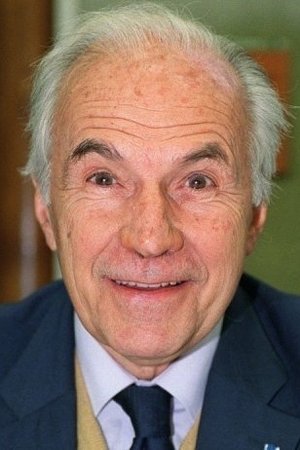Michel Crozier (1922-2013)
Birthplace:
Sainte-Menehould, Marne, France
Born:
November 6, 1922
Died:
May 23, 2013
Michel Crozier (6 November 1922, Sainte-Menehould, Marne – 24 May 2013, Paris) was a French sociologist and member of the Académie des sciences morales et politiques from 1999 until his death. He also was a fellow of the American Academy of Arts and Sciences, a member of the American Philosophical Society, and a laureate of the Prix Alexis de Tocqueville (1997). Michel Crozier did not become a sociologist by training. He became a sociologist because of a seminal experience in social analysis that was made possible by an American scholarship that he used to study the labor movement in the United States. After his initial training in business (HEC Paris, 1943) and law, he spent fourteen months traveling across the US in the immediate post World War II years, interviewing labor union members and officials, getting to know the American labor movement and American society in general. Back in France, he published a book on this research and joined the French National Center for Scientific Research as a sociologist. In 1953, he carried out his first research on the white-collar workers in the French Postal Bank. The publication of the results of this research (Petits Fonctionnaires au travail) established his reputation as a sociologist of white-collar work and set off a series of new field studies on insurance companies, a big nationalized bank and, last but not least, on the French tobacco monopoly. In 1959, he was invited to the Center for Advanced Study in the Behavioral Sciences at Palo Alto. There he started the elaboration and writing up of what eventually became The Bureaucratic Phenomenon, published first in English in 1964, and then in French. In this book, which established the sociology of organizations as a discipline in France, Michel Crozier sketched out the bases of what would later on become the "strategic analysis of organizations." The international success of The Bureaucratic Phenomenon provided him with the reputation and the resources to found the Center for the Sociology of Organizations (CSO), a small research group of young sociologists, with whom he embarked on a new research program on French Administration and Change, and pursued the theoretical and methodological elaboration of his approach to the study of organizations. In 1977, together with Erhard Friedberg, he published L’Acteur et le système (Actors and Systems, 1981, Chicago University Press), a scientific essay that was highly influential in France and continental Europe. In it, the authors put forth an approach to the study of organizations and other less formalized systems of action, detailing the theoretical and methodological assumptions that lie behind it. The way in which organizations and systems function is conceptualized by them as originating from game structures that channel and stabilize power and bargaining relations between a set of strategically interdependent actors. ... Source: Article "Michel Crozier" from Wikipedia in English, licensed under CC-BY-SA 3.0.





